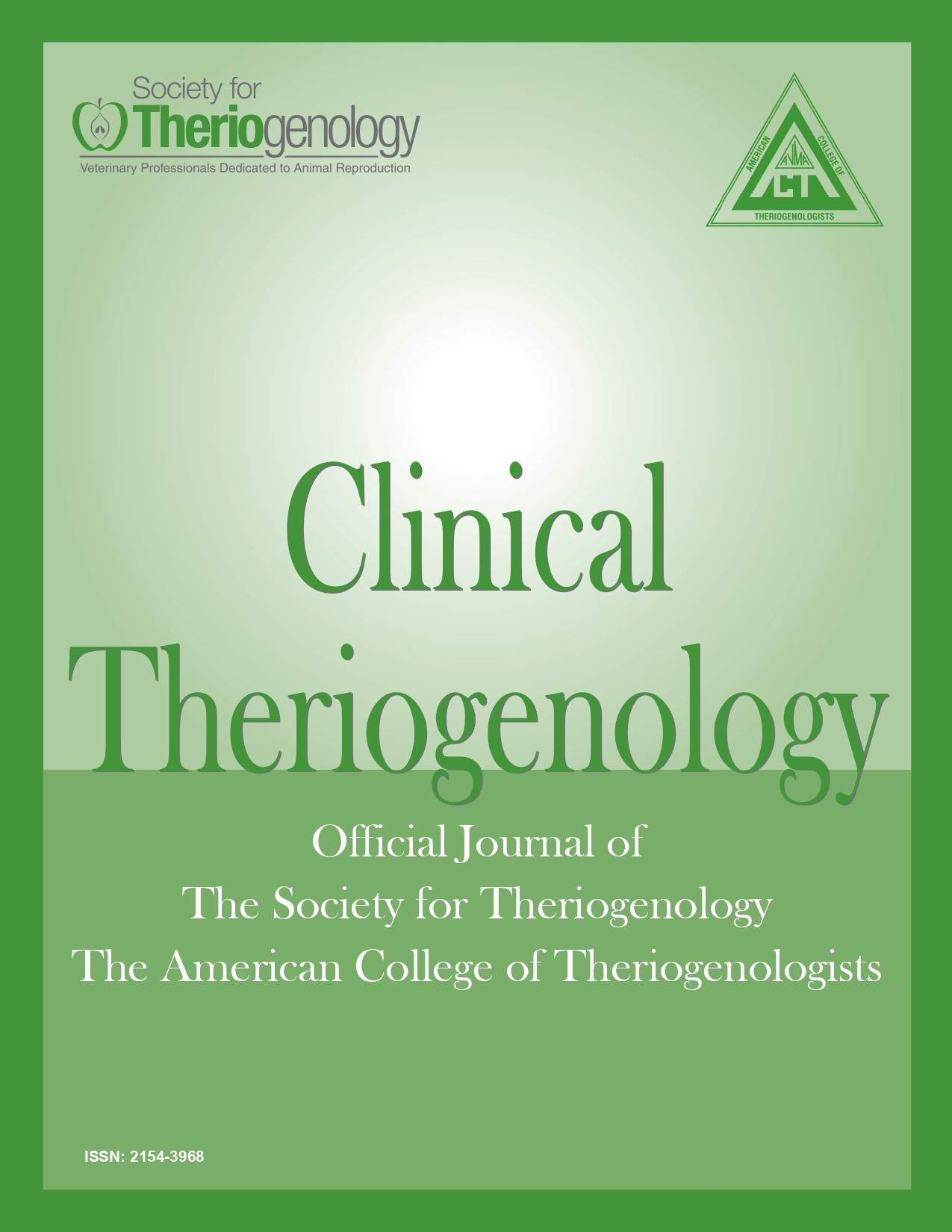Pregnancy Toxemia In Small Ruminants: A Review
Abstract
Pregnancy toxemia is a metabolic disease of ewes and does with multiple fetuses in late gestation. While pregnancy toxemia has been well described in the literature for decades, a thorough understanding of the pathogenesis, individual predisposing factors, and treatment options still remains limited. Recent research has contributed to our understanding of the pathogenesis of this disorder and developing an improved diagnostic approach. In particular, an understanding of insulin regulation and development of insulin resistance, along with identification of markers of oxidative stress, has generated additional information in understanding individual animal variation for predisposition to development of the disease. The objective of this review is to present the current understanding of pregnancy toxemia including pathogenesis, various predisposing factors, clinical signs, available diagnostics, available treatment options, and discuss the current and future research which may result in an increased understanding of the disease, improved diagnostic efficiency, and provide better flock or herd management for prevention.
Downloads
Authors retain copyright of their work, with first publication rights granted to Clinical Theriogenology. Read more about copyright and licensing here.





